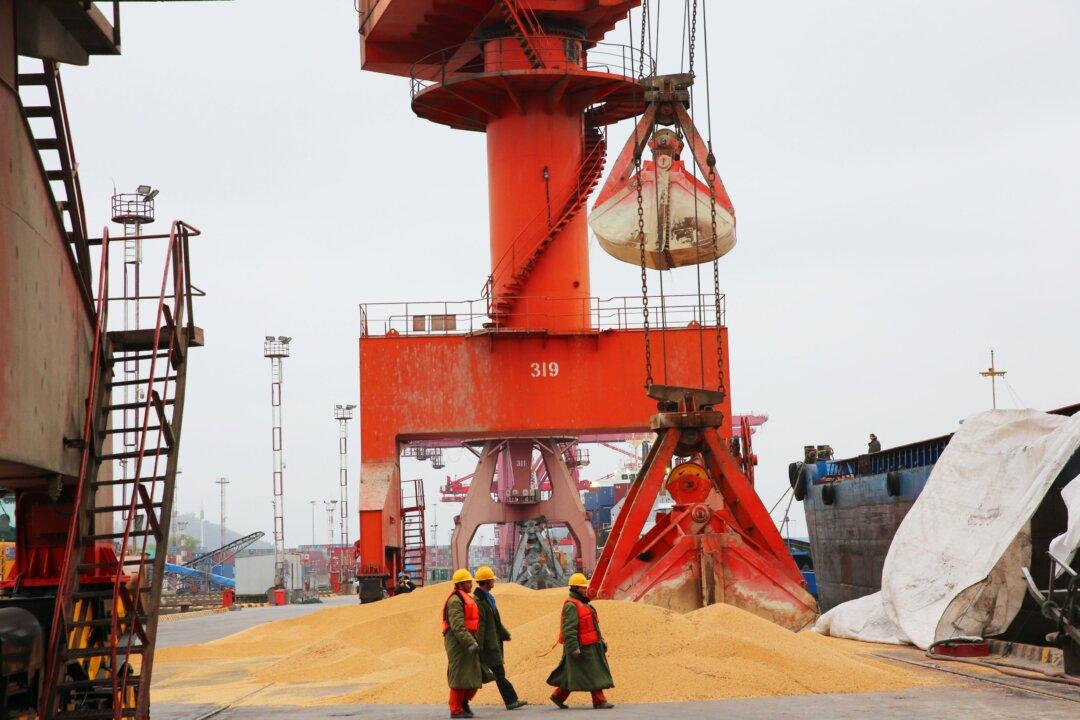The Chinese regime is getting ready to resume imports of U.S. soybeans and liquified natural gas (LNG), Bloomberg reported, in a move confirming the Trump administration’s claim that China had agreed to “immediately” start purchasing some U.S. products.
Chinese officials have been instructed to take necessary steps for the purchases, two officials told the outlet. However, it was unclear if this meant China would scrap the retaliatory tariffs on these items—currently at 25 percent for soybeans, and 10 percent for LNG. The exact timing of the purchases was also not clear.





